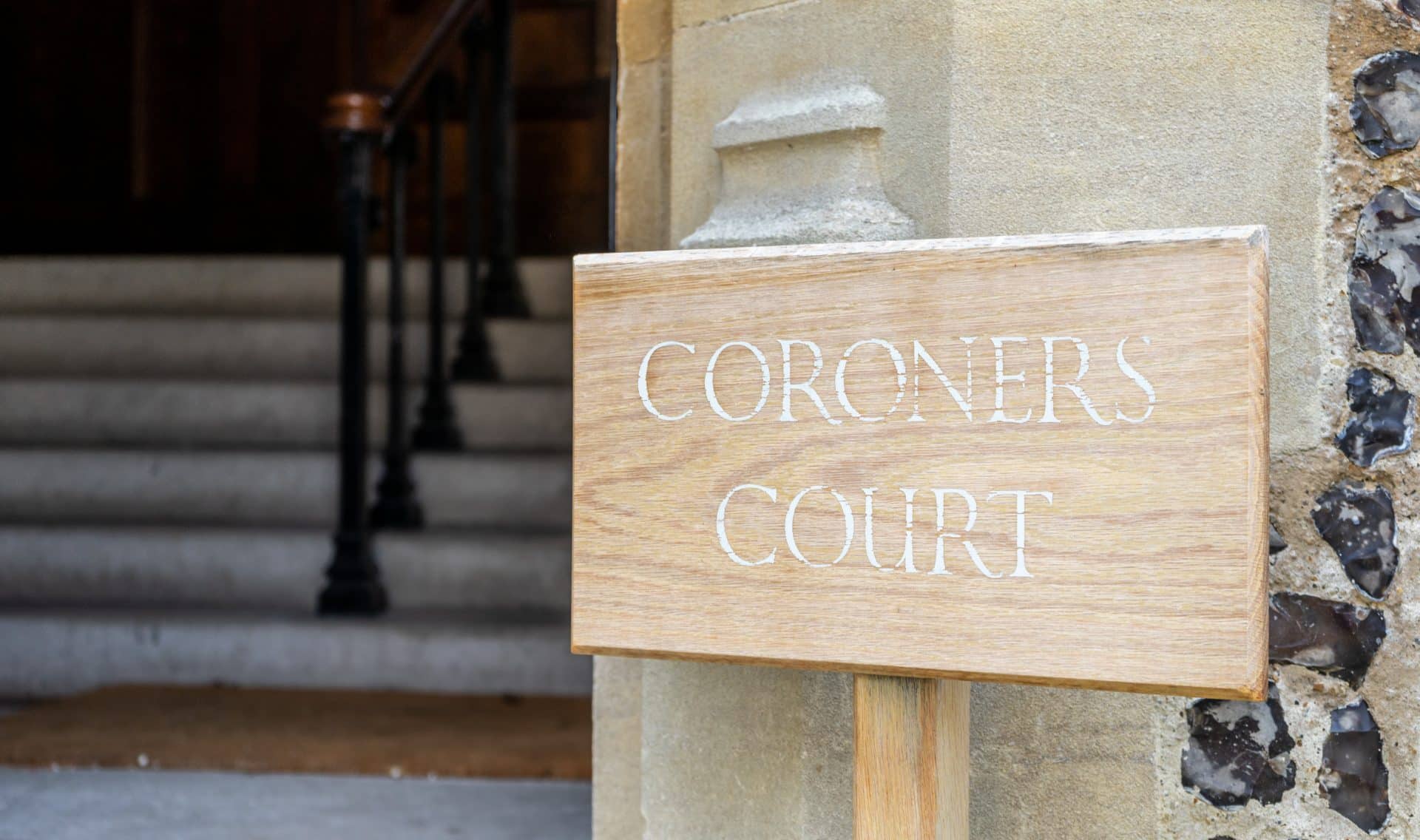
Dr Dominic Bell, a consultant in intensive care medicine and a Coroner, will be giving an introduction to the role and scope of the Coroner’s Court.
- What are the purpose and objective of a Coroner’s Court?
- How does it achieve them? What are its powers?
- What are the role, responsibilities and duties of a witness to a Coroner’s Court?
Whether or not you give evidence in the Coroner’s Court this meeting will provide a useful insight into the workings of an often misunderstood branch of the justice system.
The meeting will be taking place online using Zoom.
 Dr Dominic Bell
Dr Dominic Bell
Within a short time of his first consultant appointment in intensive care medicine, Dominic Bell found himself regularly appearing before the region’s coroner to explain why patients had died in an accumulating pattern of surgical misadventure. This triggered requests from adjoining jurisdictions to act as an independent expert, and by police and coroners combined when gross negligence manslaughter was a live consideration. The challenges in defining this construct led to embarking on a master’s course in medical law at Glasgow University, where unfortunately no one had the answer other than: ‘it’s when the jury say guilty’.
He has also acted as independent expert for the GMC and Court of Protection on complex ethical issues such as compulsory medical intervention on individuals lacking capacity and withdrawal of life-sustaining treatment.
Dominic had an allied interest in patient safety and acted as national adviser to the NPSA, with a strong publication base in this field. He also utilised his master’s degree in exploring and advising on challenging ethical issues within critical care and anaesthesia, with particular engagement on organ donation, leading on the introduction of donation after cardiac death. He was appointed Assistant Deputy Coroner to the Western Jurisdiction of West Yorkshire in 2009, where due to a series of leadership problems, he was seconded half-time between February 2013 to July 2014, and full-time as acting coroner for the six months until December 2014.
He returned to full-time clinical practice in 2015, but retained coronial responsibilities principally within Hull and the East Riding. He completed medical examiner training in 2021 but has not undertaken any formal responsibilities in this domain.



 Dr Dominic Bell
Dr Dominic Bell